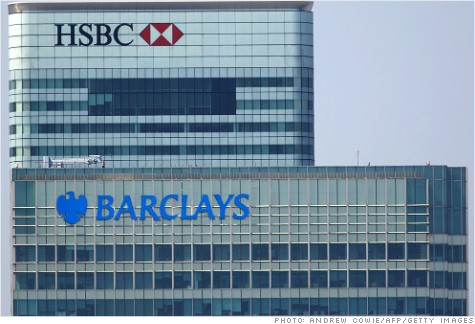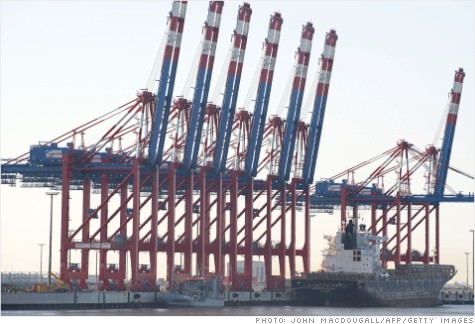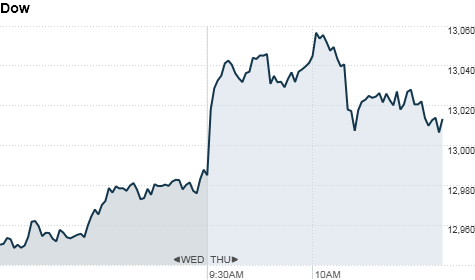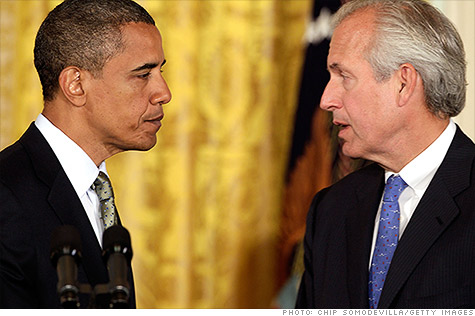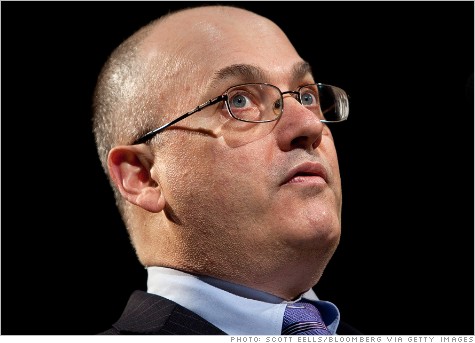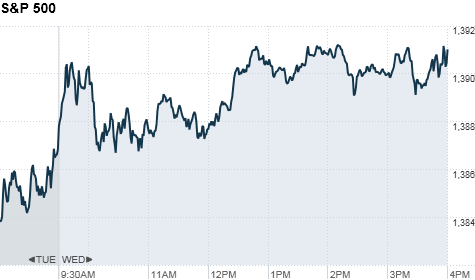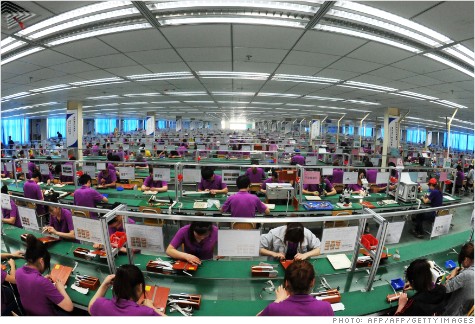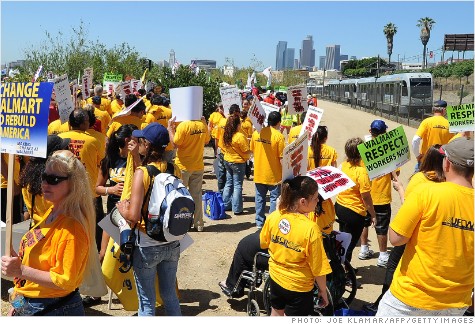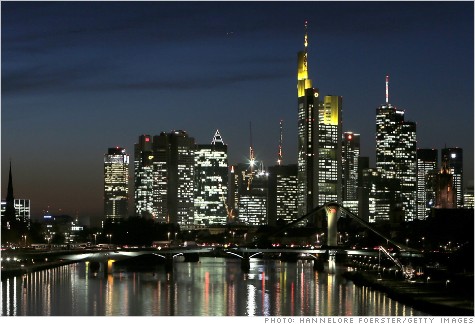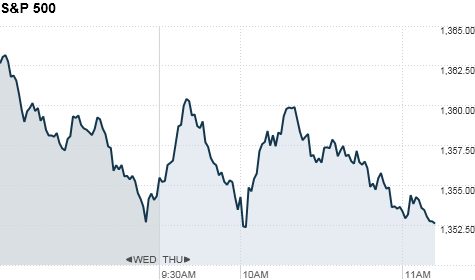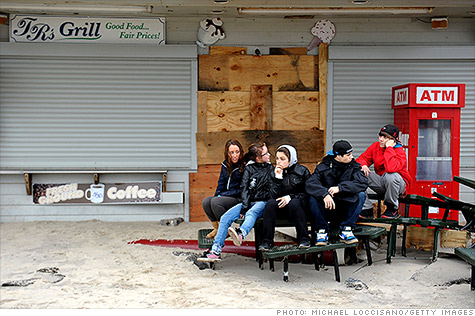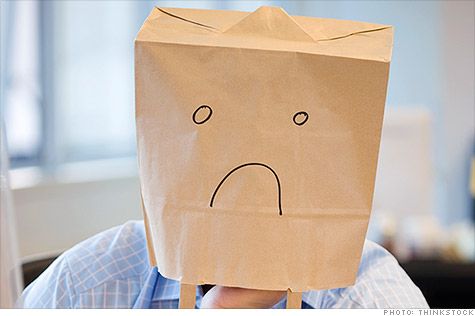
Sadness can make people desire money right away -- despite the potential cost.
NEW YORK (CNNMoney) -- When you're sad, it's not just your waistline you need to watch. Unhappy people are also more likely to make foolish money decisions, new research shows.
Sad people will often forgo extra money further down the road in order to get less money right away, according to a study conducted by professors at Harvard, Columbia and University of California Riverside.
When offered smaller amounts of cash immediately versus bigger sums three months later, sad people accepted 13% to 34% less money today than their not-so-sad counterparts did -- just to avoid the wait.
"The idea is that when you're sad, you want to accelerate consumption -- it's all about getting money sooner," said Ye Li, co-author of the report and an assistant professor of management at University of California, Riverside.
The researchers conducted a series of experiments in which about 600 participants were assigned to a neutral, disgusted or sad condition. To induce sadness, participants were asked to view a three-minute clip from the movie, The Champ, where a boy watches his father and mentor die in front of him. Neutral participants watched underwater scenes of the Great Barrier Reef, while participants in the disgusted condition watched a clip from Trainspotting showing a man reaching into a filthy toilet.
Related: Financial advice from 14 Money heroes
In one experiment, the median sad participant opted to take $37 immediately instead of waiting three months to receive $85, while neutral participants required a higher amount of $56 right away. Another experiment found that sad participants chose $65 today rather than $100 in three months, while neutral participants wanted $74 today.
The researchers coined this phenomenon "myopic misery," where "sadness creates a myopic focus on obtaining now versus later" -- even if it comes at a cost.
The disgusted condition was used to determine whether any negative emotion would lead to impatience. However, the decisions made by disgusted participants were nearly identical to those made by neutral participants, indicating that this "need-it-now" mentality is specific to sadness, the study found.
Participants never received any money, so the study didn't examine how it would have been used. But Li said it's reasonable to conclude that the people who wanted the money right away were planning to spend it. He said that sadness leads people to seek "retail therapy" -- or the desire for the instant gratification of obtaining something immediately.
"There's no reason to get that money sooner if you don't plan to spend it," he said.
Related: Tighten up your holiday spending
Other real world implications of sadness could include making rash purchases after an event like a divorce or cashing out of stocks or liquidating an estate in the wake of a loved one's death before rationally thinking it through, said Li.
"People typically make some of the most consequential choices of their lives while in emotional states," the research report states. "Our results suggest that [sad] individuals might exacerbate their financial hardship by making intemporal choices that favor immediate consumption more than is wise." ![]()
First Published: November 29, 2012: 5:50 AM ET

